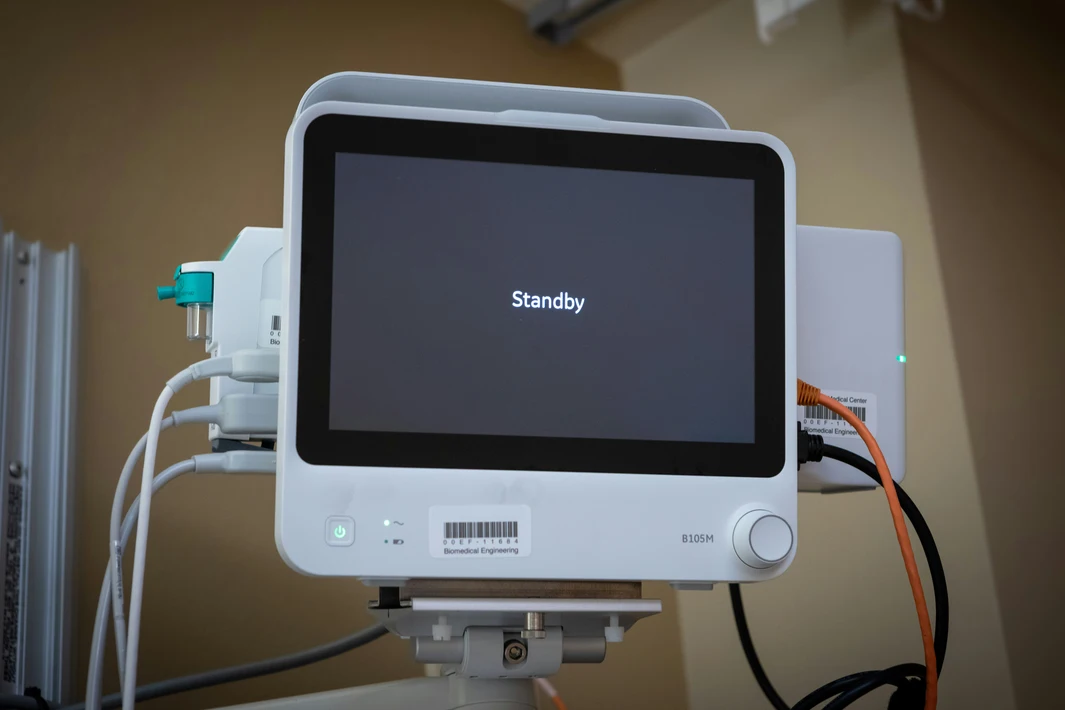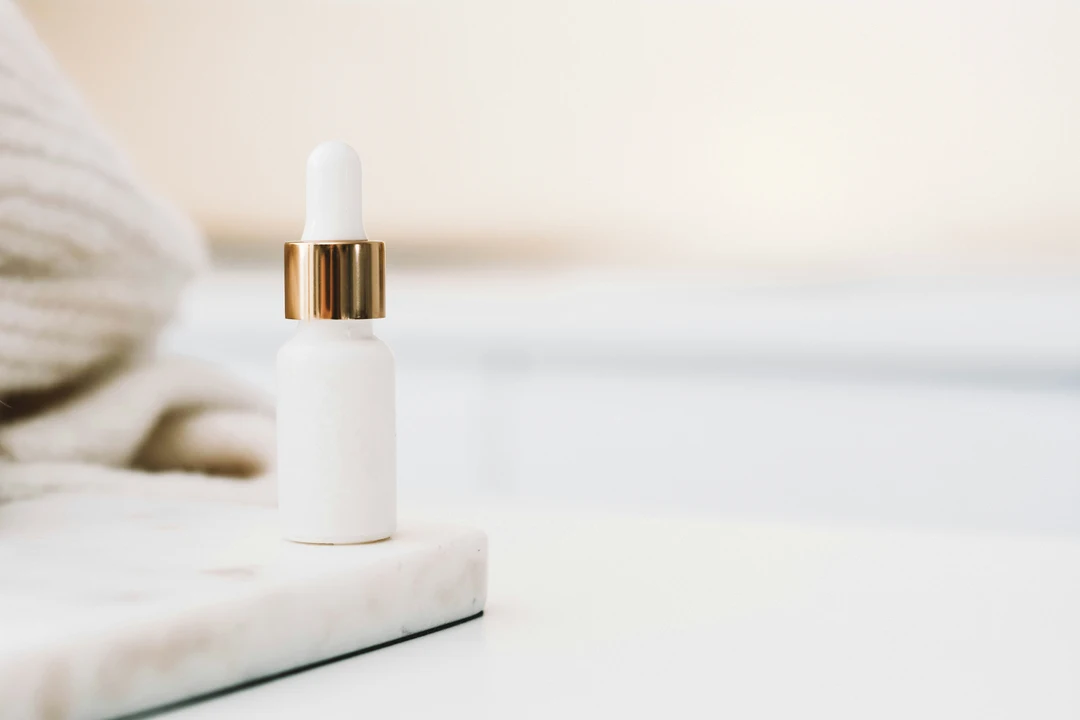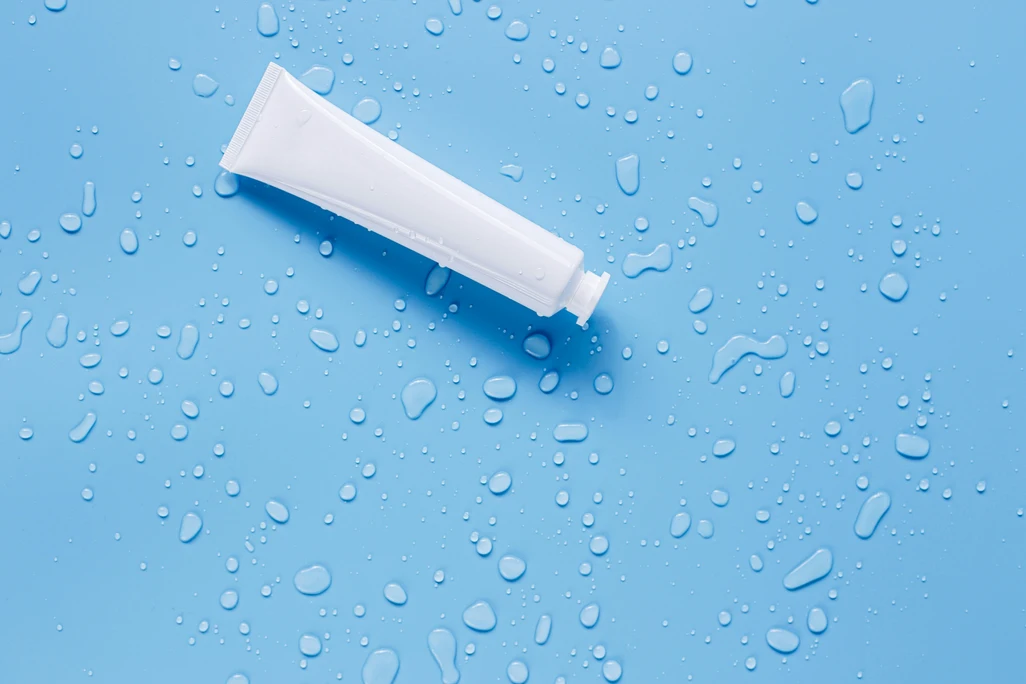The mirror is no longer your only reflection — your skin now speaks directly to artificial intelligence.
In 2025, AI skin health scanners have become one of the most powerful intersections between technology and beauty. These intelligent systems can analyze your skin in seconds, detect conditions invisible to the human eye, and design personalized skincare routines that evolve with your biology.
Powered by deep learning, computer vision, and dermatological databases from millions of skin profiles, AI is redefining the concept of personalized beauty care. It’s not just about looking better — it’s about understanding your skin’s health at a molecular level.

What Changed: From Guesswork to Precision
For decades, skincare decisions were driven by marketing — not measurement. Now, science has taken over.
AI skin scanners use multi-spectrum imaging, machine learning models, and clinical datasets to detect and classify conditions like acne, pigmentation, dryness, UV damage, and even early signs of melanoma.
- L’Oréal Skin AI 3.0 analyzes 20+ parameters, mapping hydration, elasticity, pore size, and melanin balance with near-clinical accuracy.
- Neutrogena Skin360 Gen2 connects to mobile cameras, providing “skin scorecards” that adapt daily.
- Google Health SkinCheck uses federated AI models to identify dermatological risks across diverse skin tones, addressing bias in previous datasets.
The leap isn’t in seeing your skin — it’s in understanding it.

Why It Matters: The Shift Toward Predictive Skincare
1. Early Detection Saves Time and Confidence
AI scanners detect changes days before they become visible, preventing damage early — from inflammation to hyperpigmentation.
2. Personalized Care for Every Tone and Type
Unlike traditional systems, AI doesn’t generalize. Trained on millions of profiles, it recognizes every skin tone and reacts accordingly, promoting true inclusivity.
3. Real-Time Feedback
AI tools provide daily analysis — not monthly dermatologist visits. You can track hydration levels, sleep impact, or environmental effects instantly.
4. Smarter Product Choices
No more guessing. AI suggests only the products your skin actually needs, eliminating waste and overuse.
5. Mental Wellness Connection
Healthy skin is deeply tied to emotional health. Predictive skincare reduces anxiety and improves confidence by turning beauty into science.
The Technology Behind Smart Dermatology
1. Multi-Spectrum Imaging
AI scanners use visible, infrared, and ultraviolet light to analyze deeper skin layers invisible to the eye — mapping oil, collagen, and blood flow.
2. Deep Neural Networks (DNNs)
These models are trained on labeled dermatological datasets to classify conditions and track subtle changes over time.
3. Edge AI Processing
Many tools now process data locally on devices, ensuring privacy and faster feedback. Apps like Skin360 never send personal images to the cloud.
4. Cross-Platform Integration
Your AI skin scanner can now sync with wearables, tracking hydration and stress via your smartwatch — connecting lifestyle data to skin health.
5. Generative Skincare Simulation
The newest systems can simulate the effects of skincare ingredients over time — showing predicted results before you even purchase.
Ethical Considerations in AI Dermatology
Data Privacy:
Facial and skin data are highly sensitive. Leading brands now apply on-device encryption and data obfuscation to protect identity.
Bias & Representation:
AI models must learn from all skin tones and ethnicities. Google Health’s federated model uses global data to reduce bias and misdiagnosis.
Medical vs. Cosmetic Boundary:
AI skincare sits between wellness and healthcare — meaning regulation is tightening. The FDA’s 2025 AI Health Guidelines now classify diagnostic scanners as “assistive health devices.”
Emotional Dependence:
As users grow to trust AI for appearance validation, experts warn of self-image imbalance. Ethical design ensures feedback remains encouraging, not judgmental.
AI beauty must enhance confidence, not replace self-worth.
Step-by-Step: How to Use AI Skin Health Scanners Effectively
| Step | Action | Purpose |
|---|---|---|
| 1 | Choose a certified AI scanner or app | Ensures safety and accuracy |
| 2 | Scan under consistent lighting | Improves precision in daily tracking |
| 3 | Log lifestyle data (sleep, stress, diet) | Connects health with skincare |
| 4 | Compare weekly trends | Detects subtle changes invisible to the eye |
| 5 | Adjust routines based on analysis | Builds long-term improvement |
| 6 | Recalibrate monthly | Keeps AI learning your evolving skin profile |
Consistency turns your scanner from a gadget into a personal skincare lab.
Real-World Examples & Leaders in AI Dermatology
L’Oréal Skin AI 3.0
Integrates with your phone camera and offers ingredient-level customization using deep convolutional networks trained on dermatological trials.
Neutrogena Skin360 Gen2
Combines micro-optical sensors with cloud learning to provide a “skin wellness index” and personalized product pairings.
Google Health SkinCheck
Expands diagnostic precision with global inclusivity, improving recognition accuracy on darker skin tones by 32%.
La Roche-Posay SpotScan
An AI app built with dermatologists to detect acne levels and recommend non-prescription treatments safely.
FOREO LUNA AI+
Uses skin sensors with facial mapping AI to analyze elasticity and adapt sonic pulse intensity automatically.
Each of these platforms represents a shared goal: making clinical-grade skincare accessible to everyone, everywhere.
The Future of AI Beauty: From Analysis to Regeneration
AI is moving from diagnosing skin health to enhancing it.
Next-gen beauty tech combines AI with regenerative science — using nanobiomarkers and synthetic biology data to simulate skin healing. Future AI apps won’t just advise — they’ll recommend treatments based on DNA and hormonal cycles.
Soon, your AI beauty companion might track UV exposure, hydration, stress, and microbiome diversity — creating a living feedback loop that keeps your skin in balance.
The future of beauty isn’t just personalized — it’s predictive, ethical, and empowering.

FAQs & Key Takeaways
Q: How accurate are AI skin health scanners?
Top models achieve 92–97% diagnostic accuracy under clinical testing.
Q: Can AI replace dermatologists?
No. It complements them by offering early detection and consistent monitoring.
Q: Is my data safe?
Certified tools now process data locally with anonymized models, protecting privacy.
Q: What’s the best AI skincare app in 2025?
L’Oréal Skin AI 3.0 and Neutrogena Skin360 lead the field for precision and personalization.
Q: Can AI help treat skin issues?
AI doesn’t treat but provides accurate insights for professionals and users to act smarter.
Key takeaway: AI skin health scanners are transforming skincare into science — empowering everyone to understand and improve their skin through data, not guesswork.
At Designs24hr, we believe every innovation in AI and design brings us closer to a world that thinks, learns, and evolves with us.
If this article helped you learn something new or changed how you think about technology and creativity, share it — and tell us your experience in the comments.
Whenever you want to discover something new, explore the latest trends, or understand how AI is shaping design and daily living, visit Designs24hr.com — where intelligence meets imagination.
#Designs24hr #AIDesign #BeautyBliss #AISkincare #SmartDermatology #AIBeautyTech #SkinHealthAI #FutureOfBeauty #AIWellness #AIInnovation #DesignTrends #SmartLiving #AIandDesign #PersonalizedSkincare #AIDermatology
Want more breakthroughs in smart beauty?
Explore the Beauty Bliss category on Designs24hr and see how AI is redefining skincare, wellness, and personalized self-care.







